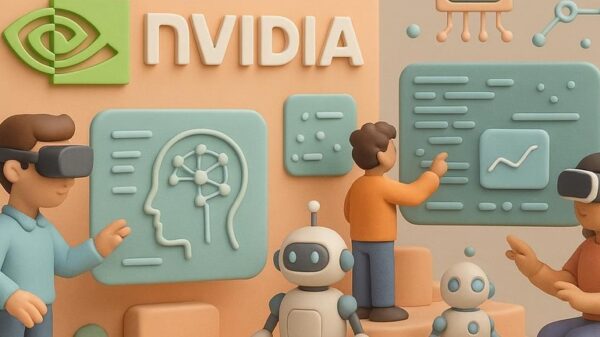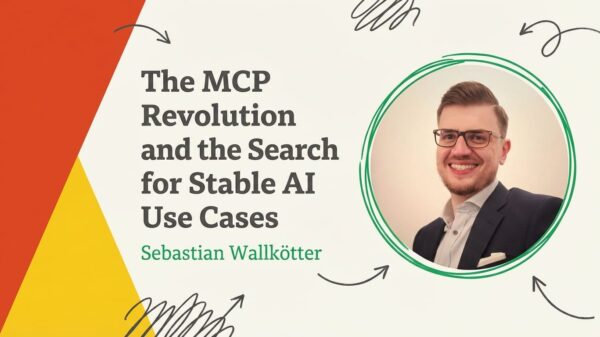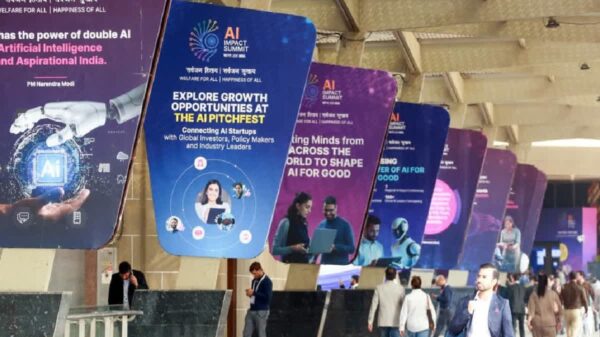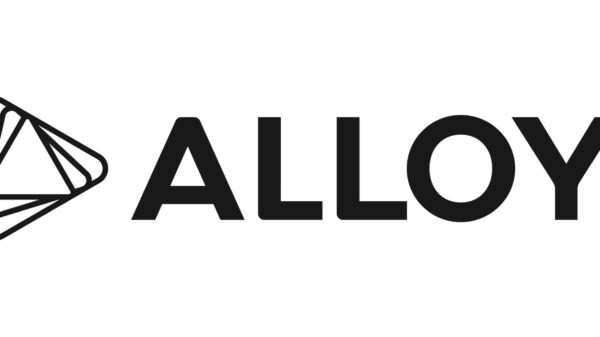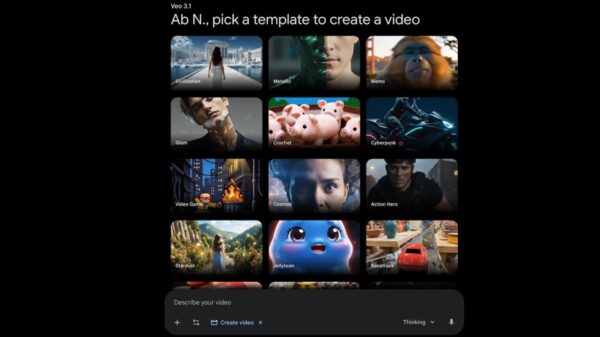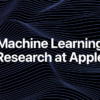The landscape of marketing is undergoing a dramatic transformation, and at the heart of this change is Artificial Intelligence (AI). Contrary to the fears that AI might replace marketers, it is, in fact, empowering founders and teams to adopt a marketing mindset, enhancing creativity, storytelling, and audience empathy in the process.
Historically, a divide existed between entrepreneurs and marketers, where founders concentrated on building their products while marketers were responsible for promoting them. However, as AI tools evolve, they blur these lines, revealing that the new competitive advantage lies not in team size or budget but in the ability to think creatively and communicate effectively.
The Shift Towards Audience-Centric Thinking
AI has significantly reduced the intimidation often associated with marketing tasks such as writing campaign emails or creating ad headlines. Today, AI tools can jumpstart these processes in mere seconds. Yet, the true strength of these tools lies not just in automation but in the critical questions they prompt founders to consider.
Effective use of AI involves defining the audience, articulating value, and establishing the desired emotional connection. Founders leveraging AI tools are not merely seeking catchy phrases; they are engaging deeply with their marketing strategies, asking critical questions that every great marketer considers: Who is the target audience? Why should they care? What is the simplest way to convey this message?
Fostering an “AI Marketer Mindset”
The speed at which AI can enhance marketing efforts is remarkable. Tasks that once took hours—like brainstorming and crafting campaigns—can now be accomplished in minutes. Busy teams are utilizing AI to draft copy, adjust tone, and suggest visuals, all while enhancing their understanding of marketing fundamentals.
When founders use AI-assisted tools for campaign creation, they engage with marketing strategies that were once exclusive to dedicated teams. This isn’t about diminishing the role of marketers; it’s about equipping more individuals with the skills to think like them. This results in sharper messaging, quicker testing, and a unified understanding of customer resonance, fostering innovation across teams.
Clarity Over Complexity
For years, marketing has been perceived as an enigmatic process that unfolds only when a product is ready. However, founders can no longer afford to delay communication. They need to convey value instantly, and this is where AI acts as both a catalyst and an equalizer.
AI tools are designed to enhance creativity without sacrificing human touch. They streamline processes, allowing marketers and founders to focus on crafting clear messages that resonate with their audience. The essence of effective marketing is distilled into its core components: clarity, empathy, and connection.
The Empathy Component
While AI can assist with generating phrases and visuals, it cannot replicate the emotional intelligence that human marketers possess. Understanding audience sentiment and struggles remains a distinctly human capability. As AI democratizes production capabilities, it amplifies the importance of human empathy in marketing.
Founders who prioritize empathy in their messaging will likely forge stronger brands. In a way, AI is realigning marketing towards its fundamental purpose: to foster meaningful connections.
Redefining Leadership Through Storytelling
Storytelling is often seen as a key marketing skill, but it’s equally vital for leadership. Every founder narrates their company’s story—its purpose, challenges, and solutions. While AI can enhance clarity in these narratives, it is the authenticity that cannot be outsourced.
Those who effectively harness AI do not relinquish creative control. Instead, they utilize technology to refine their stories, ensuring that their messages are compelling and resonate with their target audience.
As AI tools empower non-marketers, those in marketing roles will find their influence shifting toward guidance and strategy. The best marketers will not be rendered obsolete; rather, they will become educators and strategists for a new wave of creative entrepreneurs.
As we move into this new era, the objective remains unchanged: to connect ideas with people in meaningful ways. While AI tools facilitate this connection, they do not replace the human element critical to successful marketing. The emphasis now is on alignment, clarity, and emotional resonance, marking a more human-centric approach to the future of business.
 Microsoft Reveals AI Frontier Partners Program: Insights from AlphaBOLD and Schneider Downs
Microsoft Reveals AI Frontier Partners Program: Insights from AlphaBOLD and Schneider Downs Business Insider Joins Microsoft’s Publisher Content Marketplace for AI Content Compensation
Business Insider Joins Microsoft’s Publisher Content Marketplace for AI Content Compensation CAST Launches MCP Server for AI-Powered Software Management, Enhancing Code Insights
CAST Launches MCP Server for AI-Powered Software Management, Enhancing Code Insights AI Search Reveals 85% of Retailers Unprepared for Next-Gen Discovery by 2026
AI Search Reveals 85% of Retailers Unprepared for Next-Gen Discovery by 2026 Two Cents Software Launches AI-Optimized SaaS Boilerplate for Rapid MVP Development
Two Cents Software Launches AI-Optimized SaaS Boilerplate for Rapid MVP Development


